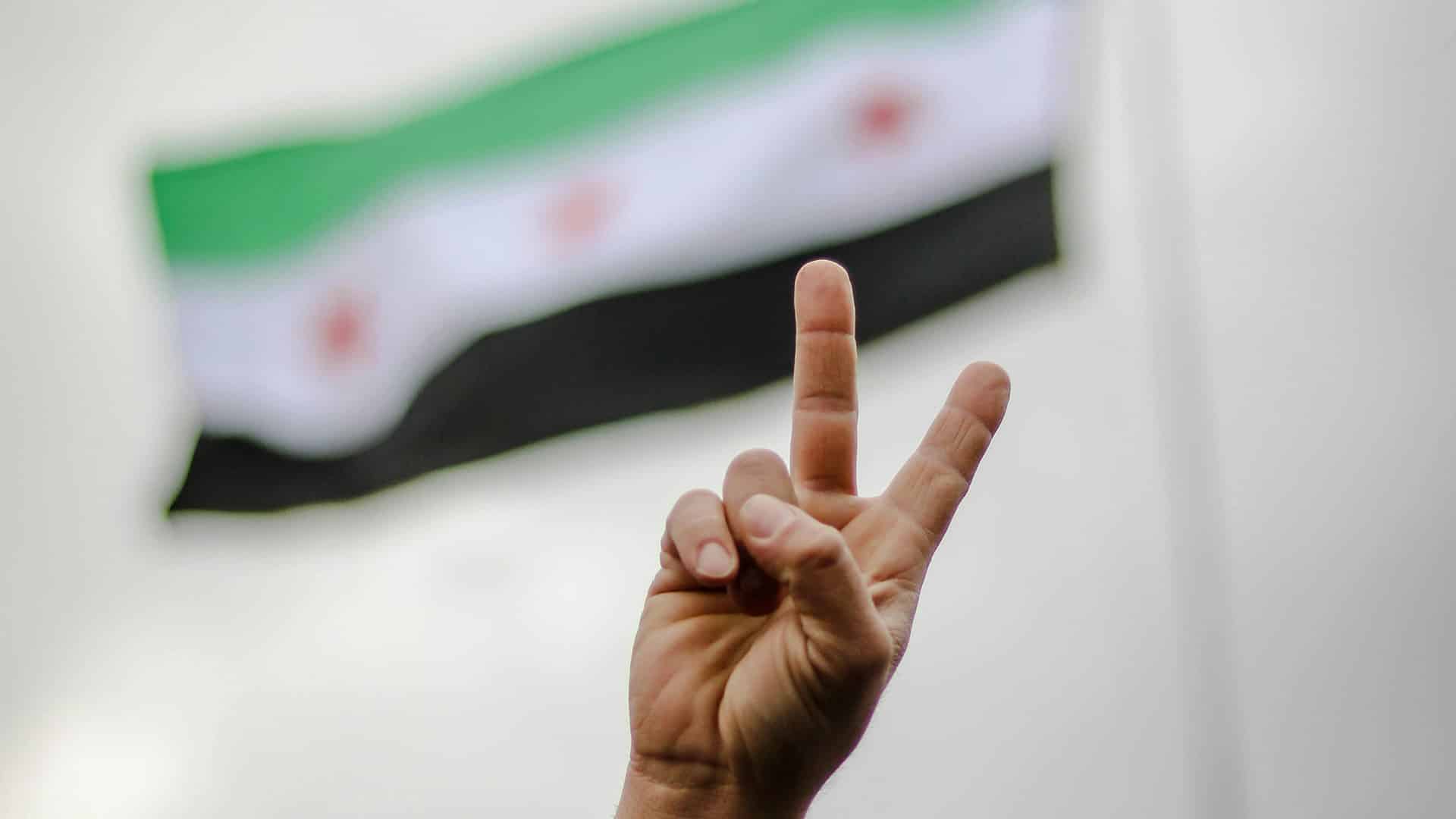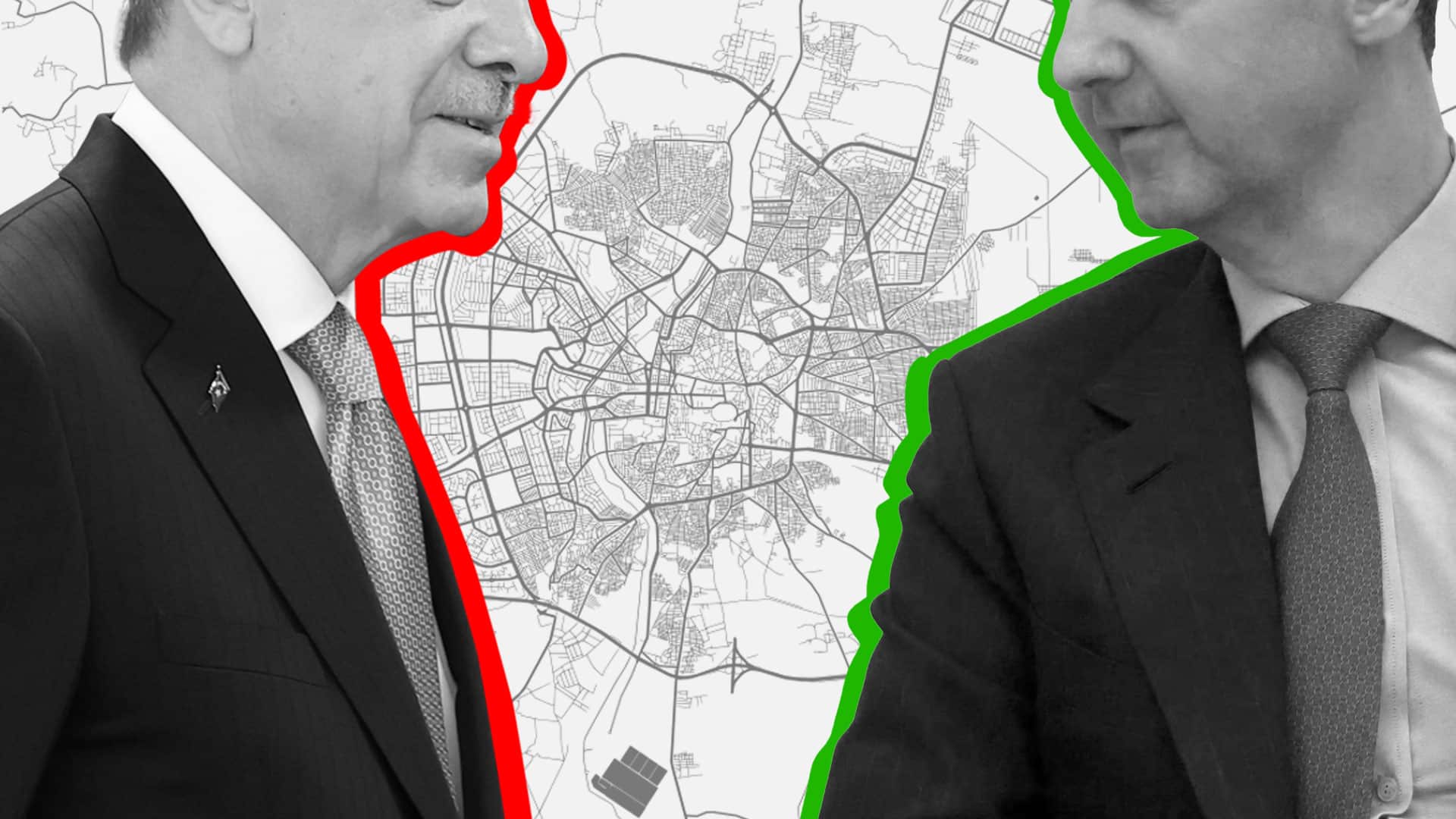The debate on Syria often splits into two camps: those who champion the regime as the lesser evil and those who have started to romanticize the opposition as the embodiment of democratic aspirations. Both positions miss the mark.
What’s unfolding in Syria is not a battle between greater and lesser evils; it’s a brutal chessboard for international powers. Iranian, Turkish, American, and Russian-backed militias are all fighting over the carcass of what was once an independent Syrian state. The truth is, there are no clean hands in Syria. Each external player is crushing Syria’s sovereignty for their own strategic gains. This is not a fight for freedom or stability — it’s a geopolitical cesspool that could spell the worst possible outcome for ordinary Syrians.
Competing interests
President Bashar al-Assad remains in power not because of popular legitimacy or military genius but because so far he has been able to play competing interests of the powers meddling in Syria against each other. He leans heavily on Russia and Iran for survival. Let’s also not forget that Assad has been tolerated — even quietly accepted — for the past few years by the U.S. and Israel because they didn’t see a long-term interest in having the Syrian war rage on. With the weakening of Assad’s ally Hezbollah in Lebanon, the U.S. and Israel likely see an opportunity to weaken Assad, but not to replace him with jihadists.
Let’s not forget that the U.S. views Syria primarily through the prism of Israeli security. By keeping Iranian forces and their supply lines to Hezbollah in check, Washington seeks to limit Tehran’s ability to project power into Lebanon. At the same time, the U.S. presence in Syria serves as a counterbalance to Turkish ambitions in Syria, but also in Lebanon where they have steadily built influence in the north over the years.
Washington’s entanglement in Syria is also a reflection of its failure in Iraq. The U.S. invasion of Iraq two decades ago didn’t just destabilize the region — it created an Iranian regional giant that now threatens Washington’s allies. Syria has become America’s cleanup operation, an attempt to mitigate the disastrous consequences of its own policies in the Middle East. The irony is palpable: a war launched to weaken Iran instead empowered it. Syria is now the stage for a second, messier act.
For Russia, Assad’s survival is a matter of strategic necessity. The Hmeimim Air Base and Tartus naval facility make Syria Russia’s Mediterranean anchor, a critical outpost for projecting power into the region. It’s clear that Russia has drawn a hard line: Assad stays, and with him, Russia’s presence in the Mediterranean. Shifting that position is not something which is going to happen without serious blood and treasure, neither of which NATO allies seem willing to invest in Syria’s rebels.
On the other side, a large part of the Syrian opposition lost its soul long ago. What began as a legitimate uprising against tyranny has morphed into a jihadist proxy instrument for the U.S. and Turkey. It’s painful but necessary to admit: much of the opposition today operates as pawns in a foreign game. Their autonomy has been eroded, their goals distorted, and their power reduced to what their sponsors allow. No public relations campaign on Twitter is going to change that overnight.



